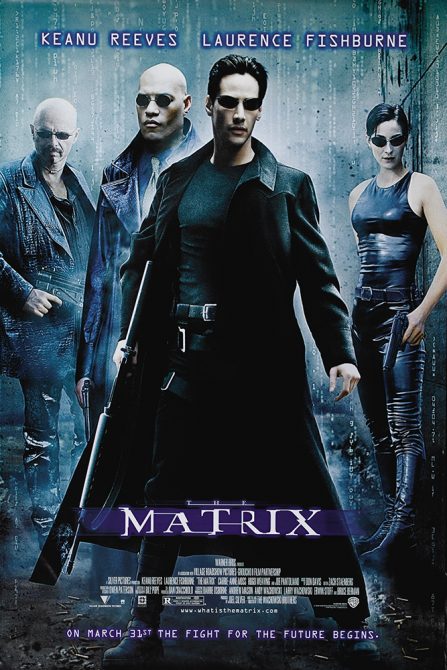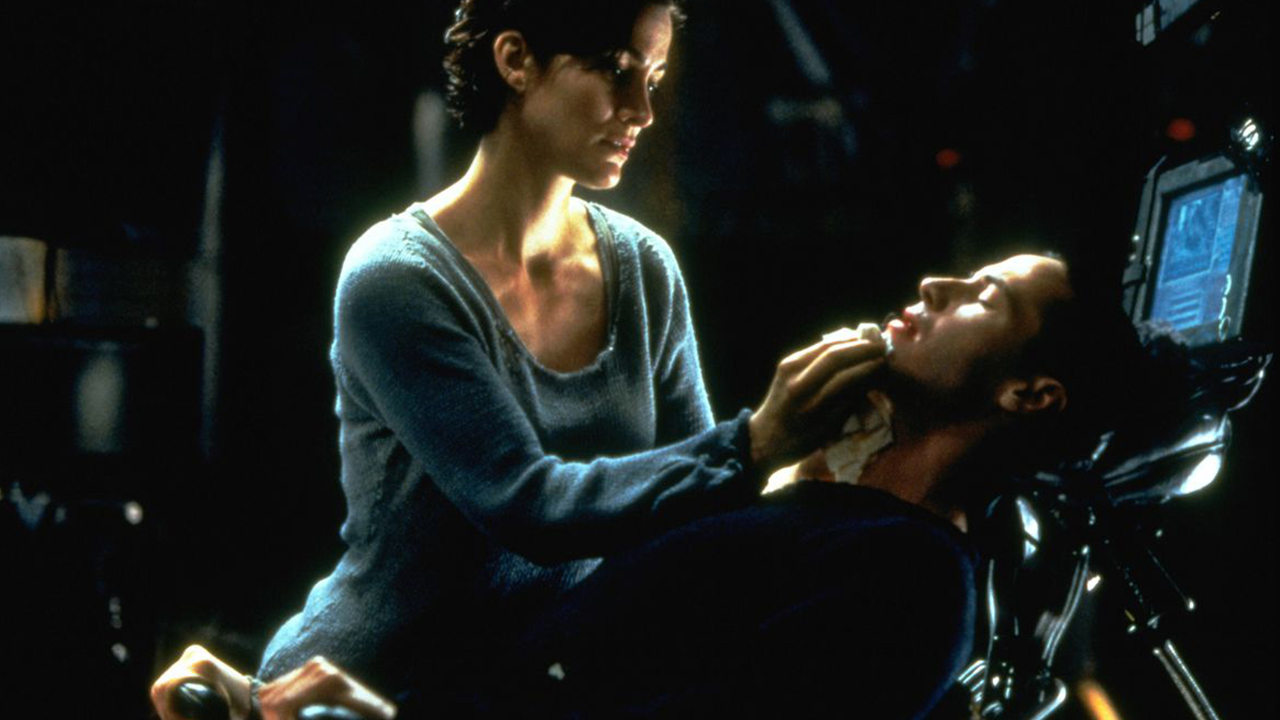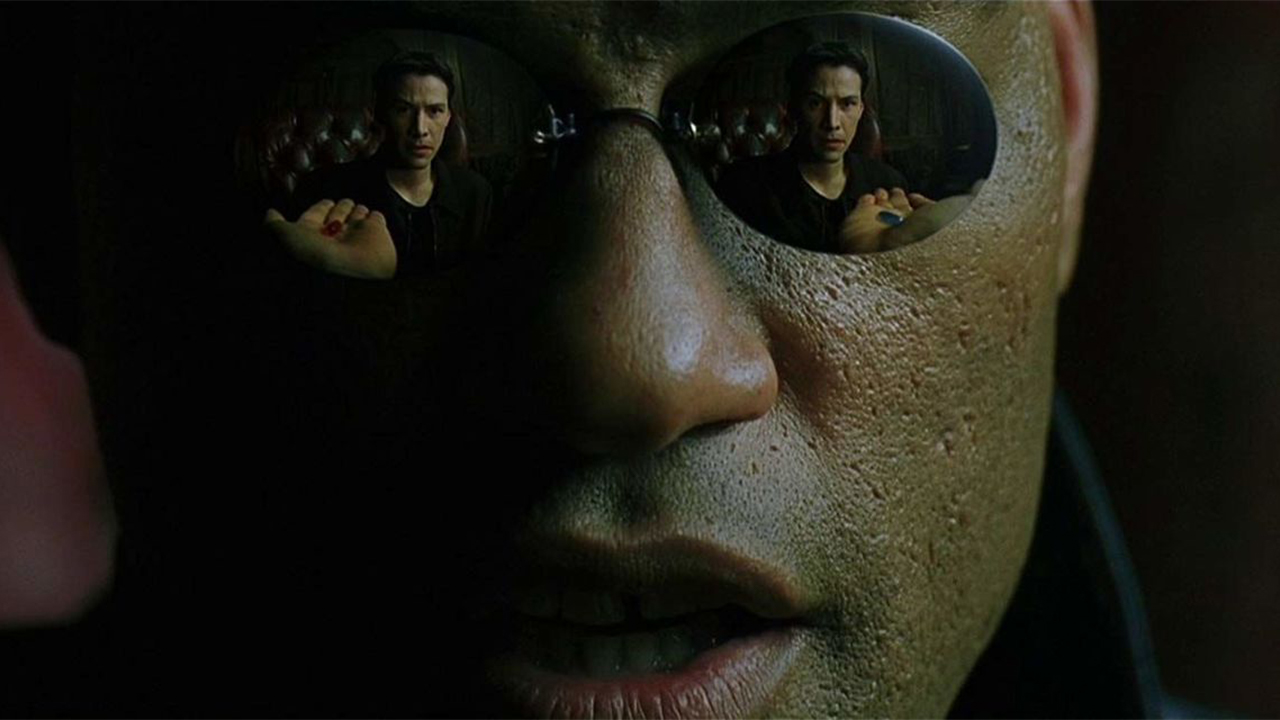The Matrix
1999, 136 minutes, Digital, R
USA
Language: English

Director: Lana & Lilly Wachowski
Cast: Keanu Reeves, Carrie-Anne Moss, Laurence Fishburne, Hugo Weaving, and Joe Pantoliano
Distributor: Warner Bros. Classics
20 years ago, a wildly inventive science fiction film posited that reality is a vast simulation created by hyper-intelligent AI. The Matrix has gone on to become one of the most influential films of all time, and scientists and philosophers have been arguing the plausibility of its premise ever since. Join us for a screening and post-film discussion as our own science and philosophy experts debate the key questions raised by this groundbreaking film: What are the odds that we’re all characters living in a computer-generated dream world? How would we know and what should we do about it?
Expert Guests:
Dr. Michael Wolmetz, Program Manager for the Human and Machine Intelligence Program, Johns Hopkins University Applied Physics Laboratory
Dr. Elanor Taylor, Assistant Professor of Philosophy, Johns Hopkins University
Dr. Canay Özden-Schilling, Mellon Sawyer Postdoctoral Fellow, Department of Anthropology, Johns Hopkins University
Dr. Hey-Kyoung Lee, Professor of Neuroscience, Johns Hopkins University School of Medicine
The film takes place in a universe run by computers using human beings as batteries for bio-electrical energy. This “people power” fuels the artificial intelligence known as The Matrix, which has created a virtual reality to make its inhabitants think they are living happy, creative, productive lives. But in reality, they are only providing the energy that keeps The Matrix going. There are, however, a few human beings – including Morpheus (Fishburne) and Trinity (Moss) — who have broken free from The Matrix and are searching to destroy it, recruiting Neo (Reeves) along the way.
Selected for inclusion on the National Film Registry
Winner of the Academy Awards for Film Editing, Sound, Visual Effects, and Sound Effects Editing
Additional Images


